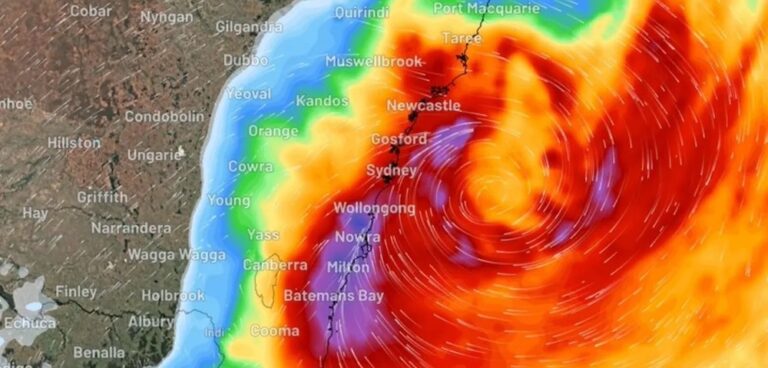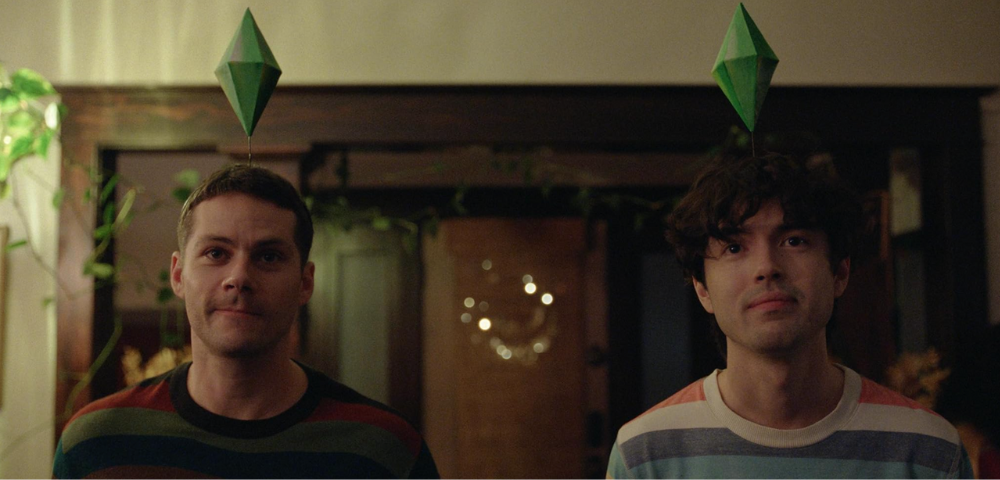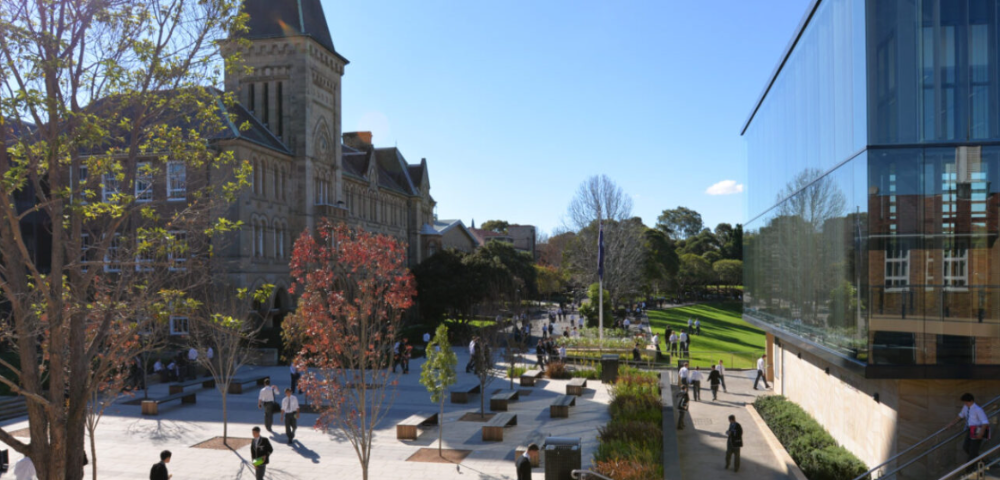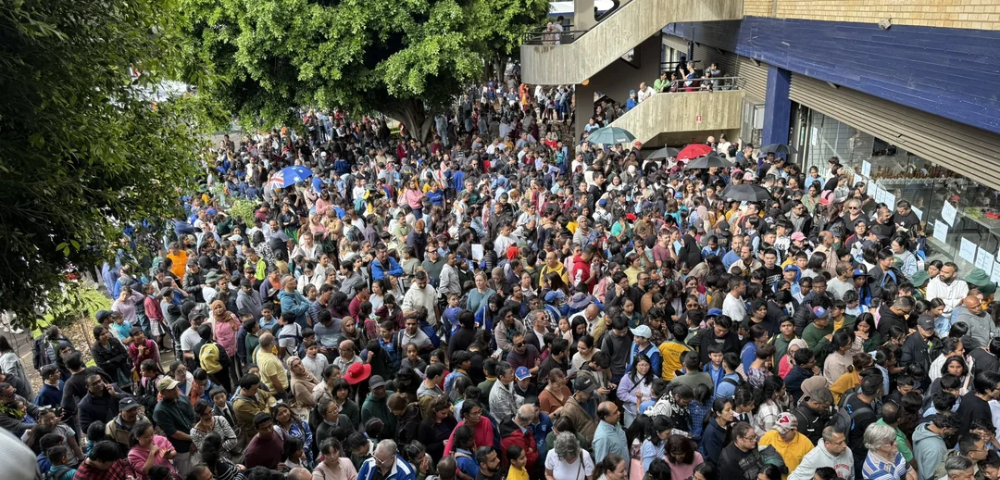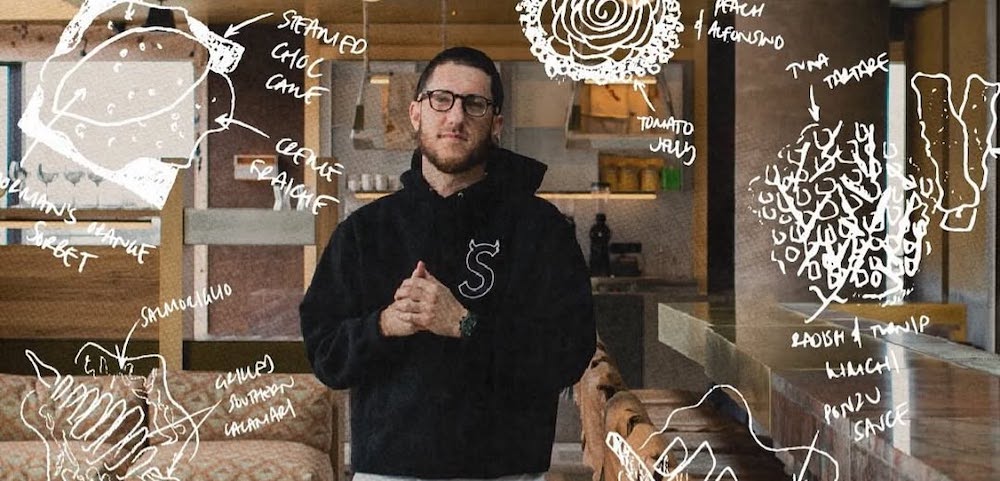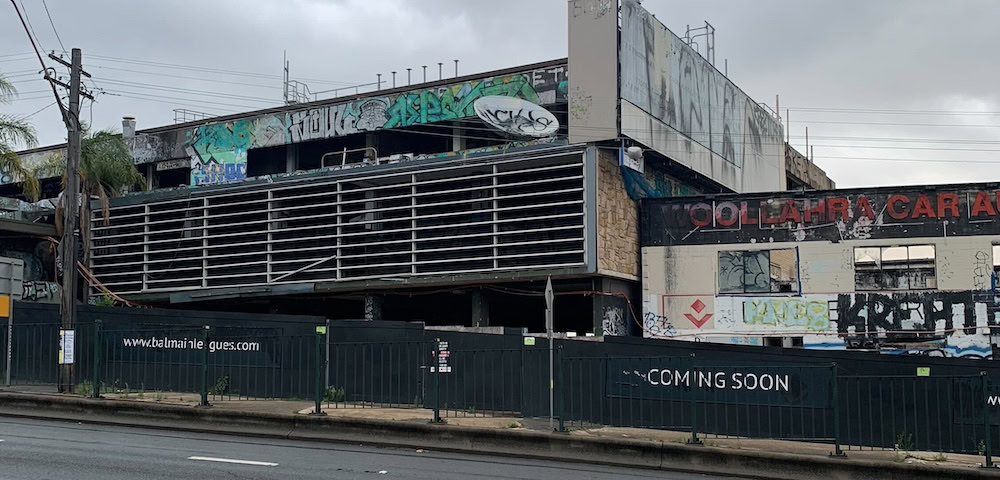
Green tide rises – but can it continue?
Amidst the uncertainty and confusion of election night, one of the symbolic, even historic, moments was the sight of Adam Bandt, Greens candidate for Melbourne, claiming victory over Labor’s Cath Bowtell. In one sense, it was no surprise – the party has been tipped to claim the seat for years. But although Bandt’s victory was not unexpected, the broader narrative – that of the surging Greens vote – was in many ways the story of the night.
Sydney’s inner west is kinder ground to The Greens than most other areas of the country. The party is well-represented at council level, and their candidates attract strong primary vote support in both state and federal elections. A beneficiary of that support in the federal election was Greens candidate for Grayndler, Sam Byrne. The former Marrickville mayor ran sitting Labor Grayndler MP Anthony Albanese closer than many expected, garnering a 10.5 per cent increase in the Greens’ primary vote. He said the gains reflected the ALP’s “failure to lead” on a variety of issues, especially climate change and the risible ‘Citizens’ Assembly’ proposal.
“I think in many ways the Labor Party has abandoned its principles,” he said. “It seems to be very driven by polls in marginal seats, and policies they think will win them a few votes in those marginal seats.”
Sitting Labor MP for Grayndler, Anthony Albanese, conceded disappointment with progress on certain issues was an important factor in the increased Greens vote. In particular, he agreed “there was a disappointment that more hadn’t been achieved on climate change – which was ironic, given The Greens helped block it.”
NSW Greens Campaign Co-ordinator, Lesa De Leau, agreed with the view that a perceived lack of leadership from Labor contributed to the Greens’ excellent result, but defended the decision to vote down the ETS. “I think the main factors we found were people wanting some leadership on climate change – and understanding why we didn’t support the fatally flawed Emissions Trading Scheme,” she said. “Labor’s proposal was to put it off even longer, and the Liberals didn’t offer any genuine alternative.
“We got people taking the time to look into the facts of what would have happened with that legislation. [It would have meant] an inordinate amount of money, $16 billion, going to the big polluters, which would have just transferred costs on to householders – and despite that, it still wouldn’t have adequately addressed carbon emissions. So I think certainly for the inner west community, people were able to see that our position was responsible, and locking in failure was going to take us further away from what really needed to happen to address climate change.”
However, with the federal election (almost) done and dusted, attention is now starting to turn to the state poll in March, widely expected to be catastrophic for Labor. Byrne believes the lack of conviction politics evident in the state Labor apparatus could prove a boon for The Greens, who are targeting in particular the seats of Balmain and Marrickville, currently held by Education Minister Verity Firth and Deputy Premier Carmel Tebbutt respectively.
“The Greens have been active in this area for a long time and people know us,” Byrne said. “I suspect the Labor Party is already worried about those state seats, and it’s already delivering results for our community. The extension of the light rail to Dulwich Hill, and the building of the GreenWay – they’re fantastic wins for the community, but I have no doubt they’re happening because of the state election. I think it’s clear they’re worried about those seats, and they should be.”
The federal Greens candidate for Sydney, Tony Hickey, agrees with Byrne about the party’s prospects in March. Attracting over 23 per cent of primary votes – an increase of 3.1 per cent from the party’s figure in 2007 – he described the overall result as a “sign of hope for positive change” in Australian politics. “The two per cent swing to the Greens across NSW lays a strong foundation for the state election,” he said.
Of course, national polling for The Greens does not reflect the strength of their vote in the inner west, where their progressive agenda finds a significantly more receptive audience. De Leau is positive, but nevertheless remains cautious, about the Greens’ chances of picking up lower house seats.
“We’re optimistic going into the state election,” De Leau said. “One of our key strengths is our grassroots campaigning – we’ve demonstrated over the years we can effectively govern at the local government level, and I think people living with that experience can see we take that quite seriously. We remain connected to the local community, and those progressive issues that matter most, particularly in the inner west, are something that resonate with the voters and align with the Greens campaigns and values.”
But interestingly, Albanese does not believe disillusionment with state Labor played a particularly significant part in the federal result in Grayndler – “I think people draw a distinction between federal and state governments.” He noted that, of the electorate’s 47 booths, Labor won 43, representing an improvement on the 2007 state election if distributed along state electoral lines.
Still, if he remains optimistic for March, he is one of the few Labor figures to do so, with even Liberal sources admitting the state election is “hopefully unloseable”. What no-one knows for sure is the extent to which the result on August 21 represented genuine support for The Greens, and how much reflected a protest vote against Labor. But with the ALP set for a period of introspection over the next few months, it looks as though it may just become a bit easier to be Green.



